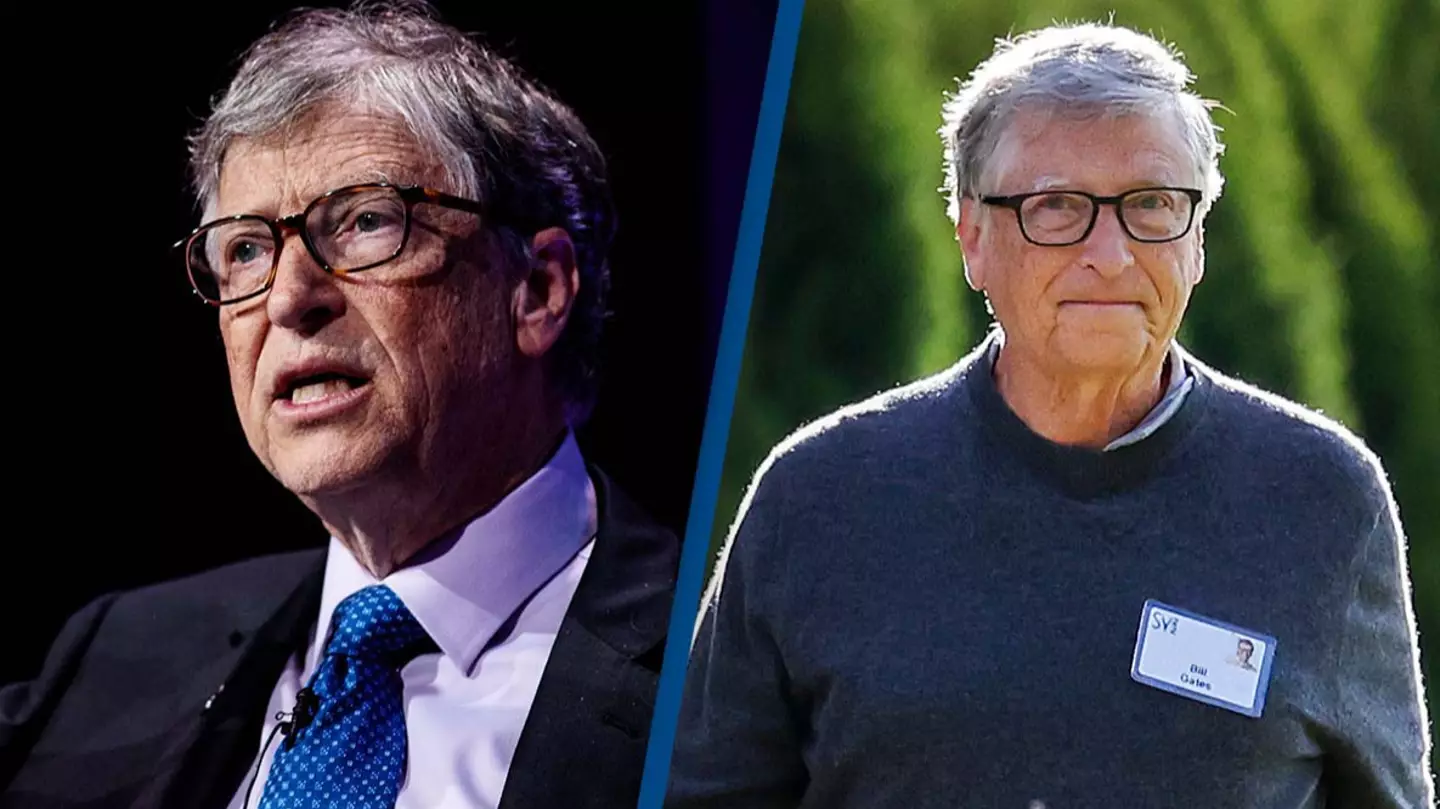
Undeniably one of the most successful business brains of the 21st century, Bill Gates, has long been an inspiration for many young entrepreneurs.
And this week, a team of psychologists have sussed what they believe it is about the 68-year-old Microsoft boss that led him to pave the way in the world of tech.
Apparently, the most important skill to have when it comes it successful decision-making, is the ability to strike a balance between optimism and pessimism.
According to Bill's own admission, during Microsoft's earliest days, he insisted on always enough cash in the bank to keep the business alive for 12 months, even in circumstances where revenue might not be being brought in during that period.
Advert
Asked by Charlie Rose in 1995 why exactly he kept so much cash lying around, he professed that things change so quickly in technology that next year's business wasn't guaranteed.
"I was always worried because people who worked for me were older than me and had kids, and I always thought, 'What if we don't get paid? Will I be able to meet the payroll?'" he later explained.

And according to psychologist and author Morgan Housel, what made Bill so successful was his knowledge that you can only be optimistic in the long run if you're pessimistic enough to survive the short run.
Advert
Writing for CNBC, Morgan emphasised the importance of recognising that optimism and pessimism are on a spectrum.
He wrote: "At one end, you have the pure optimists. They think everything is great, will always be great, and see all negativity as a character flaw.
"Part is rooted in the ego: they're so confident in themselves they can't fathom anything going wrong."
Morgan then described 'pure pessimists', who reside at the total other end of the spectrum.
Advert

"They think everything is terrible, will always be terrible, and see all positivity as a character flaw," he went on. "Part is rooted in the ego: they have so little confidence in themselves they can't fathom anything going right. They're the polar opposite of the pure optimist, and just as detached from reality."
Morgan asserts that Bill sits in the 'sweet spot' between the two opposing sides, himself being a 'rational optimist'.
"Those who acknowledge that history is a constant chain of problems and disappointments and setbacks," Morgan described Bill. "But who remain optimistic because they know that setbacks don't prevent eventual progress.
Advert
"They sound like hypocrites and flip-floppers, but often they're just looking further ahead than other people."
Topics: Bill Gates, Microsoft, Technology